The Critical Role of Nutrition in Bone Recovery
Bones are living tissue that your body constantly rebuilds. When a fracture occurs, this natural process accelerates to repair the damage. During healing, your body needs increased amounts of specific nutrients to form new bone tissue and strengthen the fracture site.
The bone healing process occurs in three main phases: inflammation (clearing damaged tissue), bone production (forming new tissue), and bone remodeling (strengthening the new structure). Each phase requires proper nutritional support to progress efficiently.
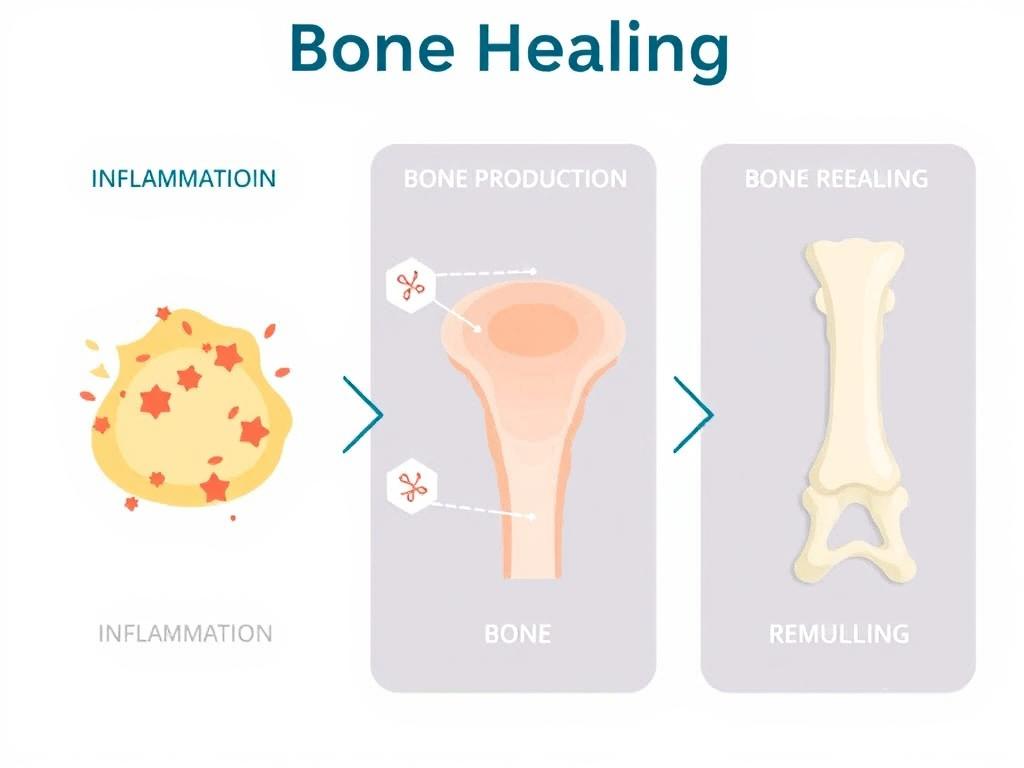
Without adequate nutrition, bone healing can be delayed by weeks or even months. Studies show that optimizing your diet after a fracture can reduce healing time by up to 30% and decrease the risk of complications.
Key Nutrients for Bone Recovery After Fractures
Certain nutrients play starring roles in the bone healing process. Understanding these key players can help you make better dietary choices during recovery.
Calcium: The Foundation of Bone Structure
Calcium is the primary mineral in bone tissue, making up about 70% of bone content. During fracture healing, your body needs extra calcium to build new bone at the injury site.
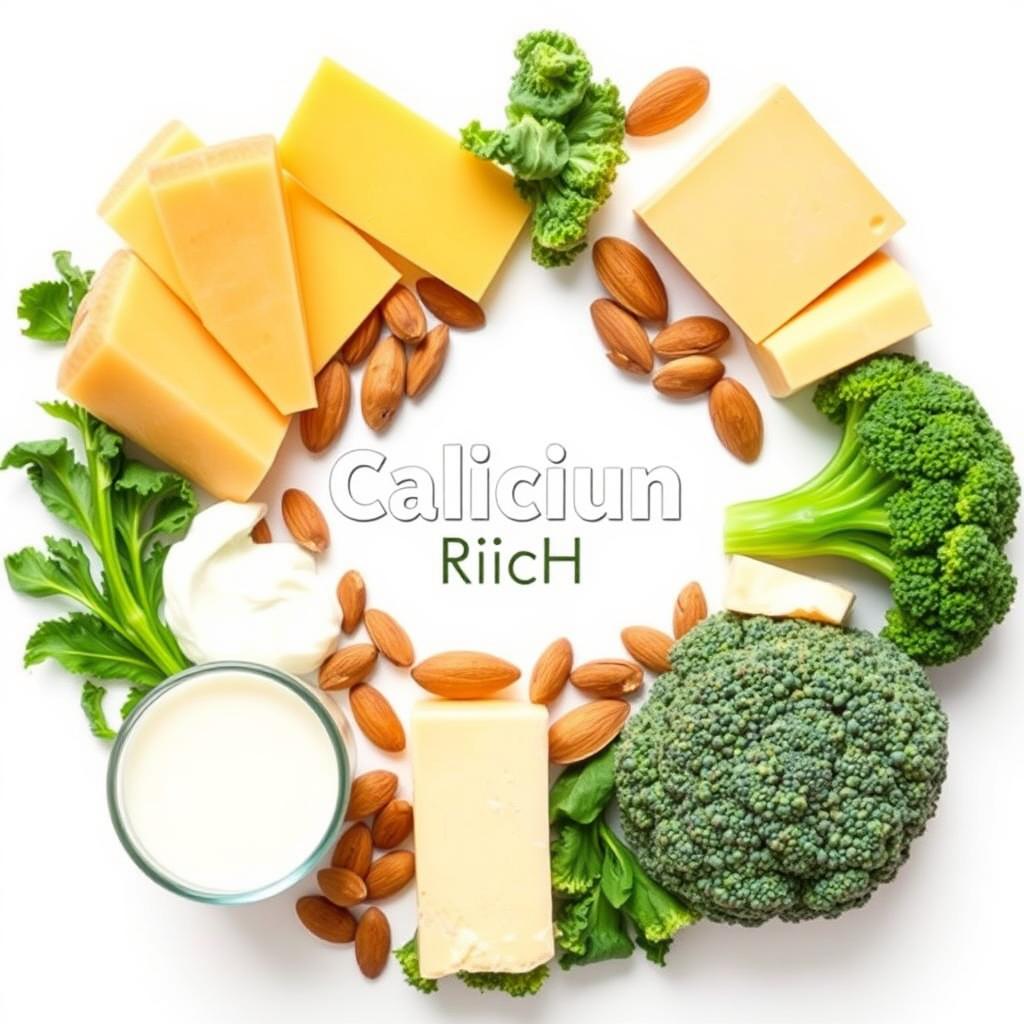
- Daily need during healing: 1,000-1,500 mg (higher than normal requirements)
- Best sources: Dairy products, fortified plant milks, leafy greens, sardines with bones
- Absorption tip: Calcium is best absorbed when taken with vitamin D
Vitamin D: The Calcium Absorption Enhancer
Without sufficient vitamin D, your body can’t effectively absorb and use the calcium you consume. This vitamin is essential for proper mineralization of bone tissue during the healing process.
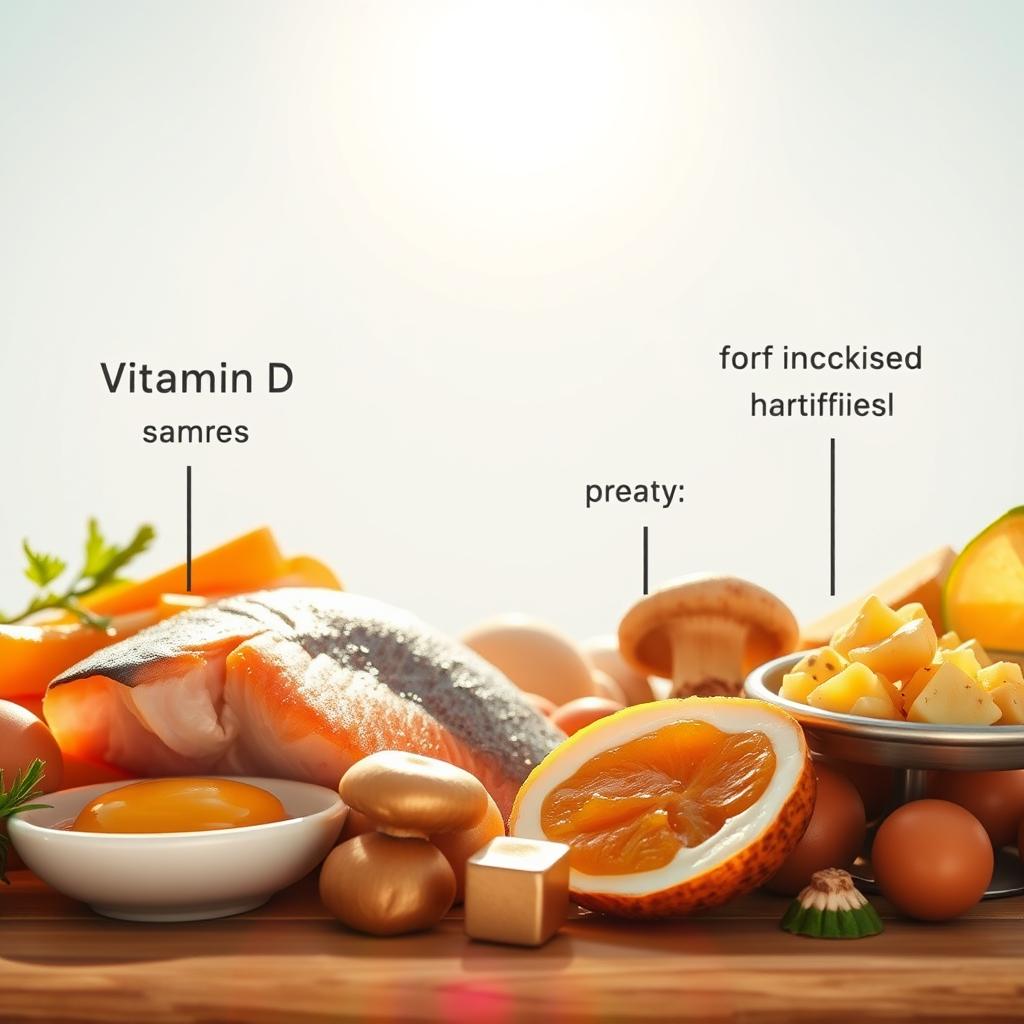
- Daily need during healing: 800-1,000 IU
- Best sources: Fatty fish (salmon, mackerel), egg yolks, fortified foods, sunlight exposure
- Absorption tip: Fat-soluble vitamin, best absorbed with meals containing healthy fats
Need Personalized Nutrition Guidance?
Our nutrition experts can create a customized bone healing diet plan based on your specific fracture type, medical history, and dietary preferences.
Protein: The Building Blocks for Repair
Protein is essential for tissue repair and collagen formation. Collagen provides the framework upon which calcium and other minerals are deposited during bone healing.
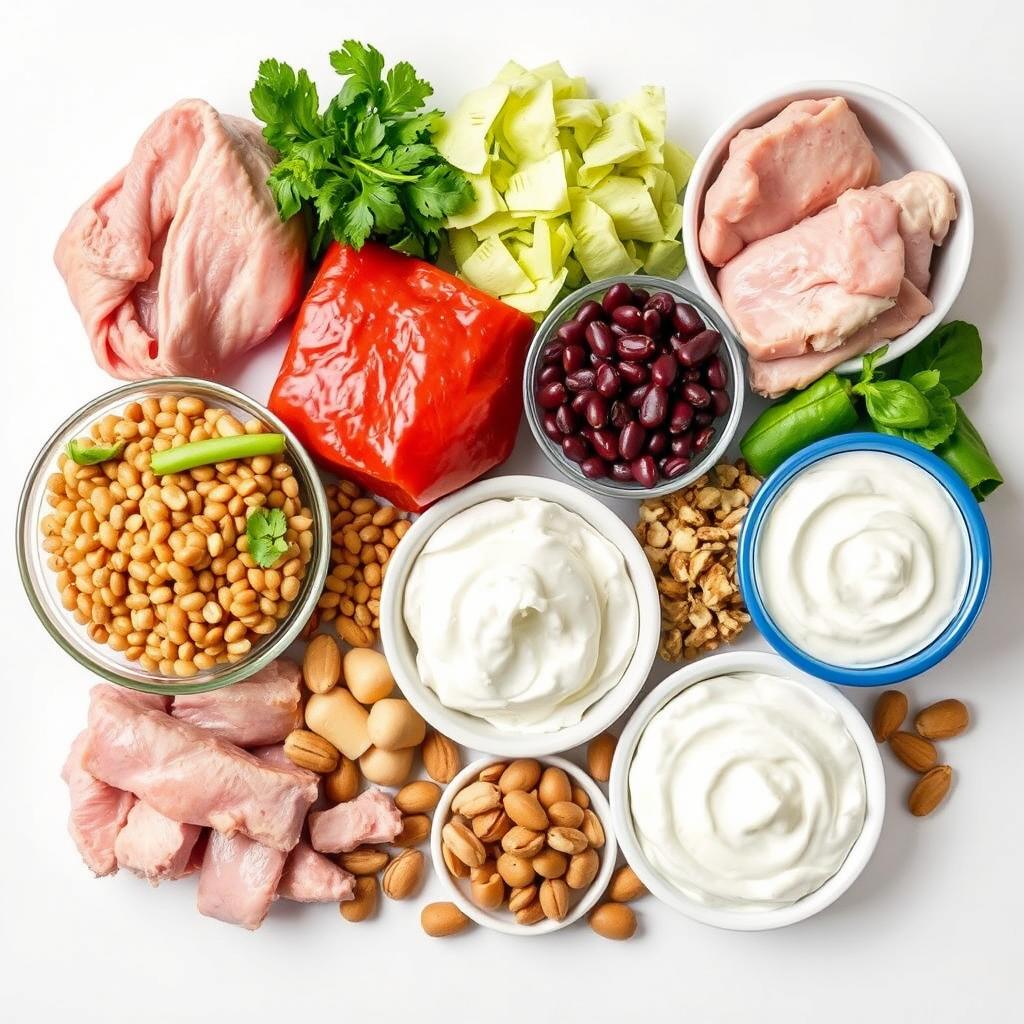
- Daily need during healing: 1.2-1.5g per kg of body weight (higher than normal)
- Best sources: Lean meats, poultry, fish, dairy, beans, lentils, nuts, seeds
- Timing tip: Distribute protein intake throughout the day for optimal utilization
Vitamin K: The Bone Mineralizer
Vitamin K activates proteins that bind calcium to bone, helping to strengthen the bone matrix during healing. It works synergistically with vitamin D to improve bone density.
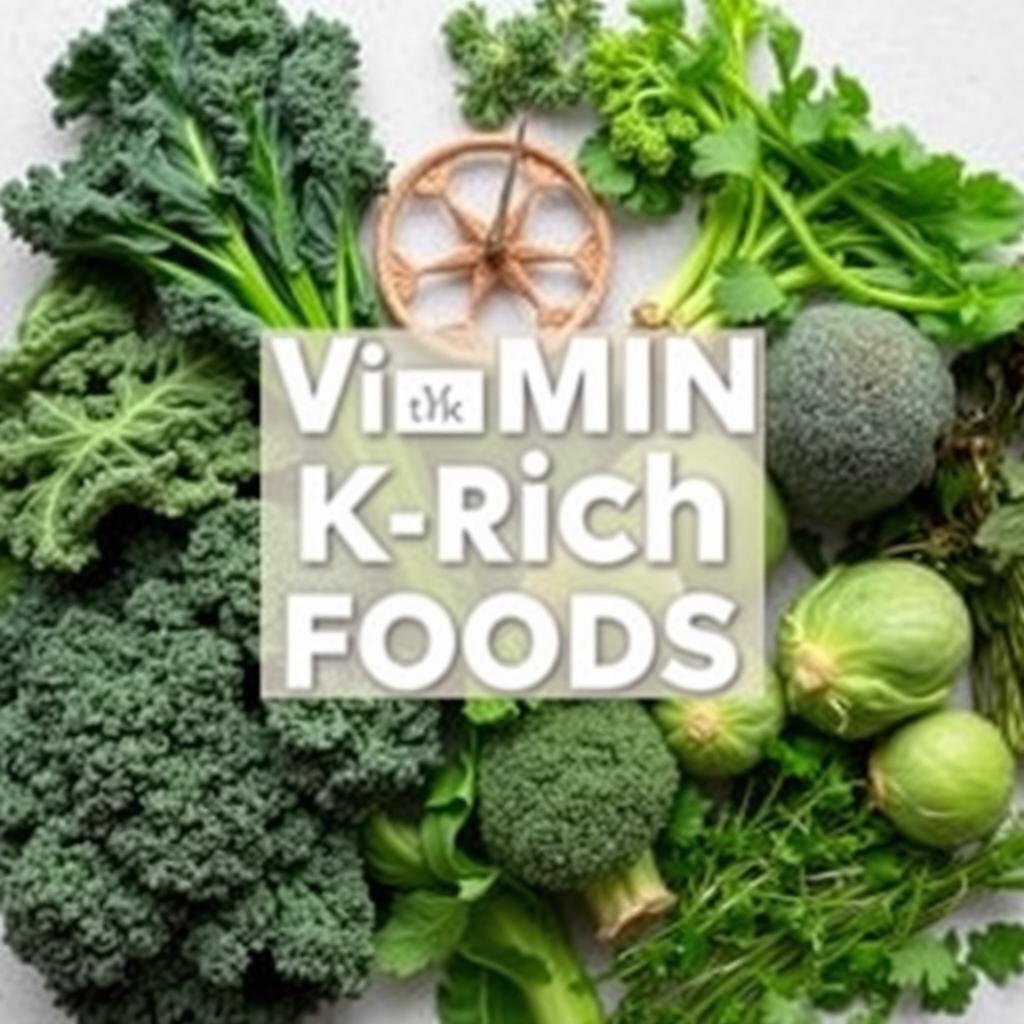
- Daily need during healing: 90-120 mcg
- Best sources: Dark leafy greens (kale, spinach), broccoli, Brussels sprouts, fermented foods
- Absorption tip: Consume with a small amount of healthy fat for better absorption
Magnesium: The Bone Density Supporter
Magnesium helps convert vitamin D into its active form and is essential for calcium metabolism. It also contributes directly to bone structure and strength.
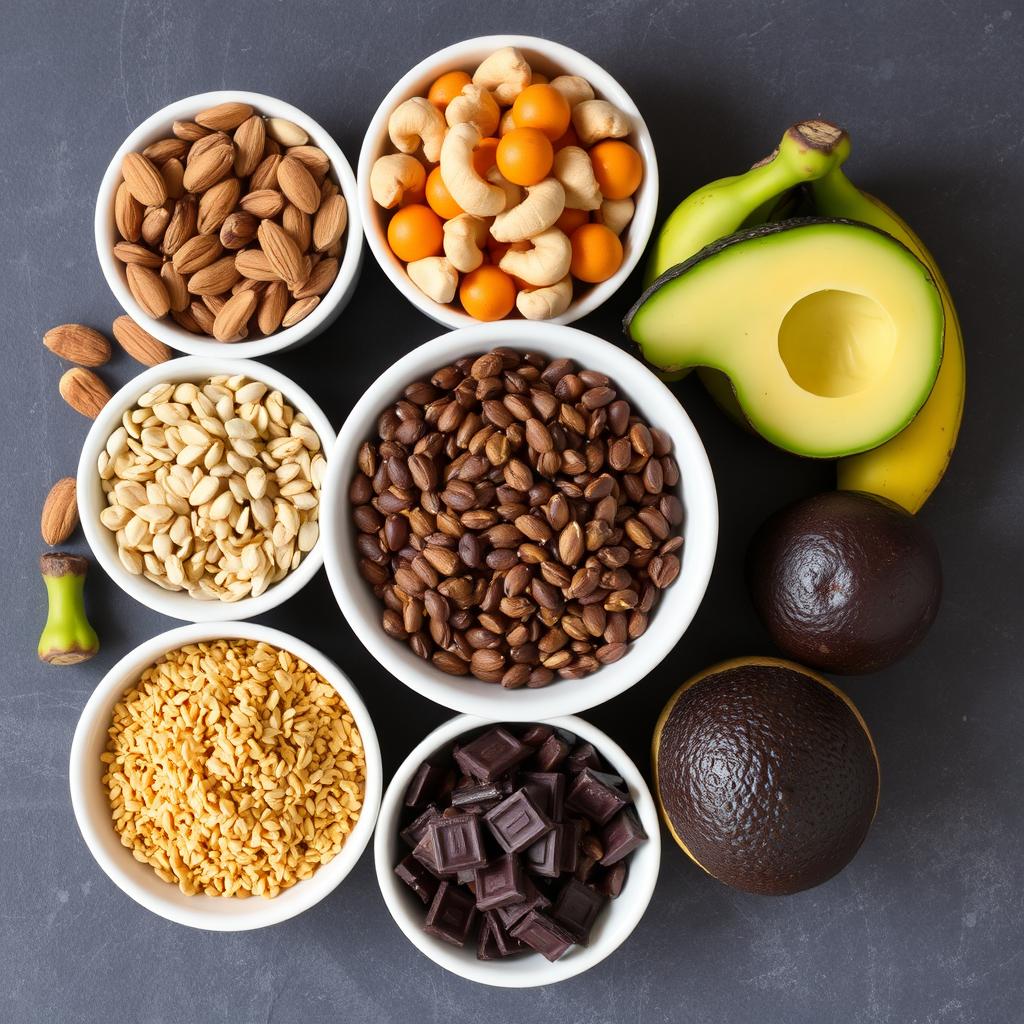
- Daily need during healing: 310-420 mg
- Best sources: Nuts, seeds, whole grains, leafy greens, avocados, bananas
- Balance tip: Works best when balanced with calcium in a 1:2 ratio
Zinc: The Healing Accelerator
Zinc is crucial for protein synthesis and cell growth, making it essential for the formation of new bone tissue. It also supports immune function, which is important during the healing process.
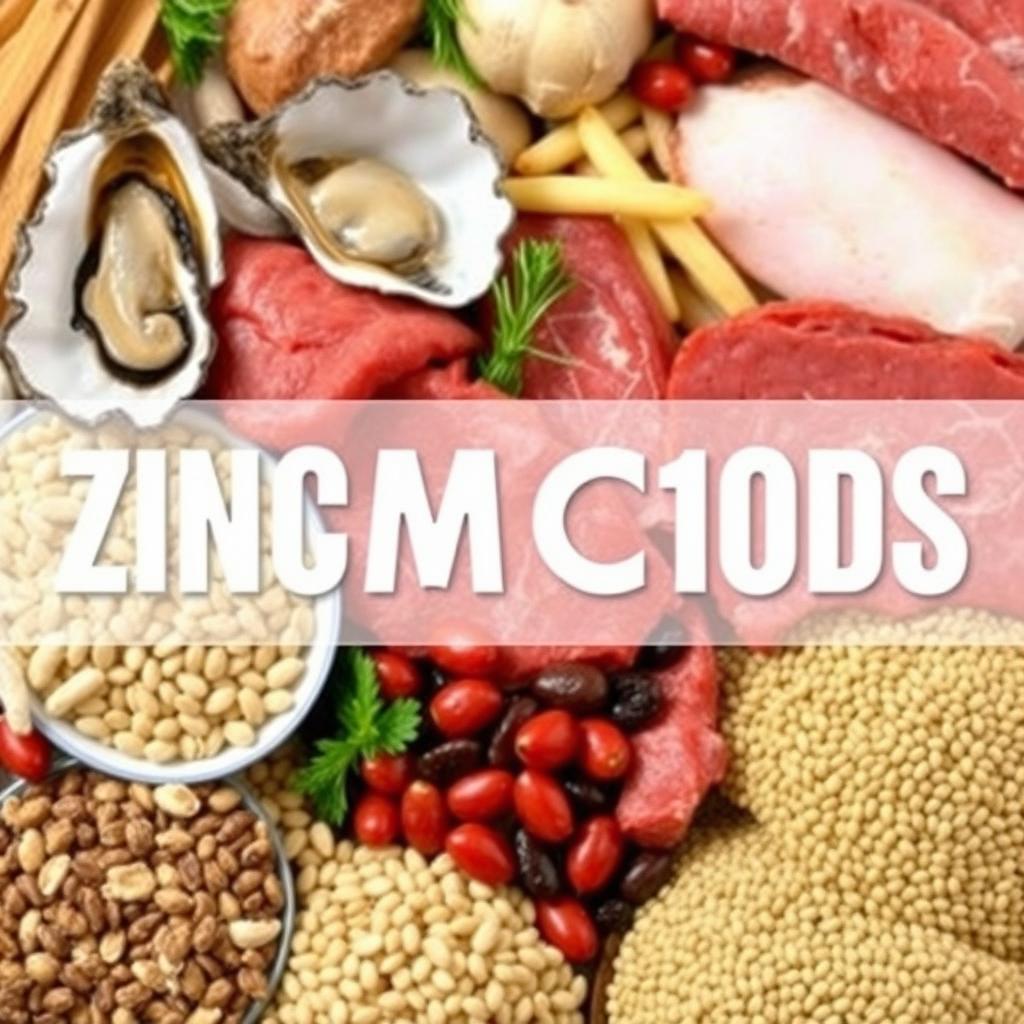
- Daily need during healing: 11-15 mg
- Best sources: Oysters, red meat, poultry, beans, nuts, seeds, whole grains
- Absorption note: Excessive calcium can interfere with zinc absorption
Top 12 Foods to Eat for Faster Bone Healing
Based on their nutrient profiles, these foods are particularly beneficial for bone recovery after fractures. Try to include several of these in your daily diet during the healing process.
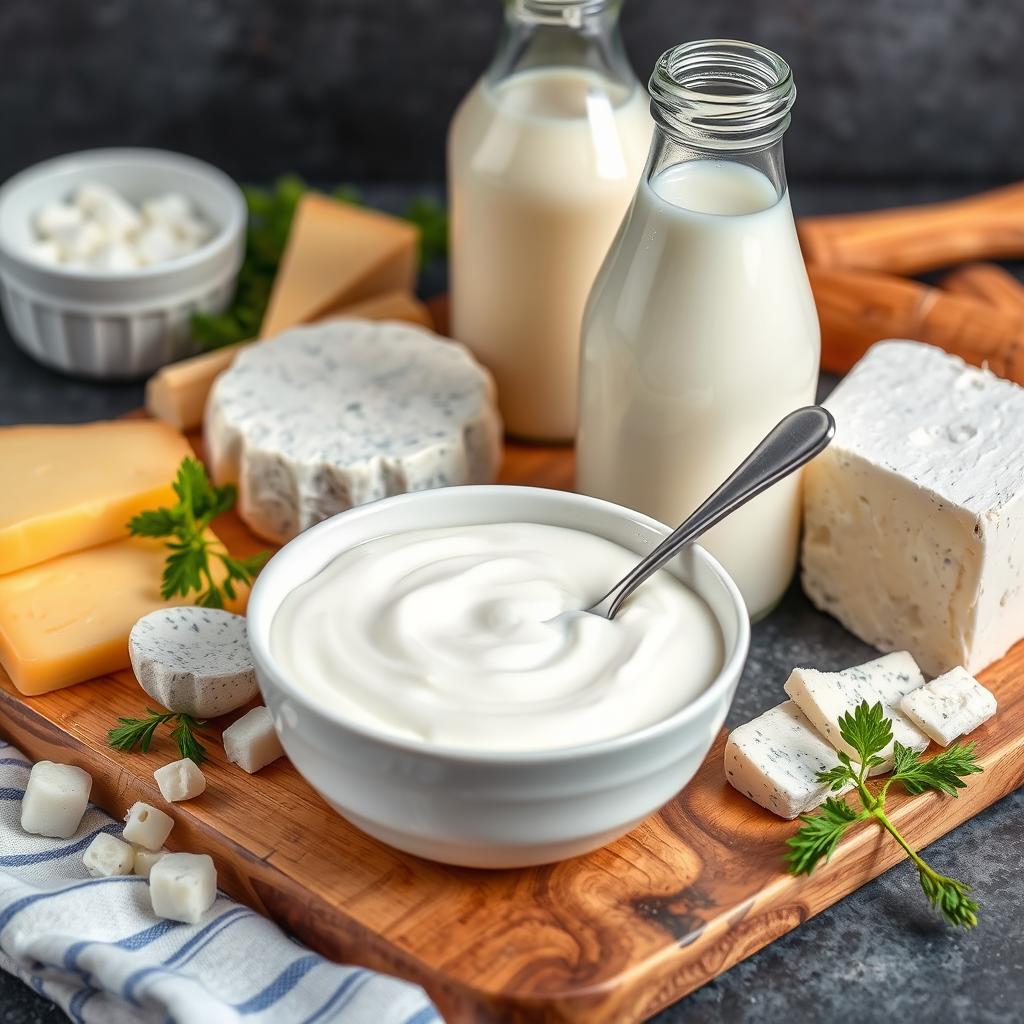
1. Dairy Products
Milk, yogurt, and cheese provide calcium, protein, and vitamin D (if fortified). Greek yogurt offers extra protein to support tissue repair.

2. Leafy Greens
Kale, spinach, and collard greens deliver calcium, vitamin K, and magnesium – a powerful trio for bone healing and strength.
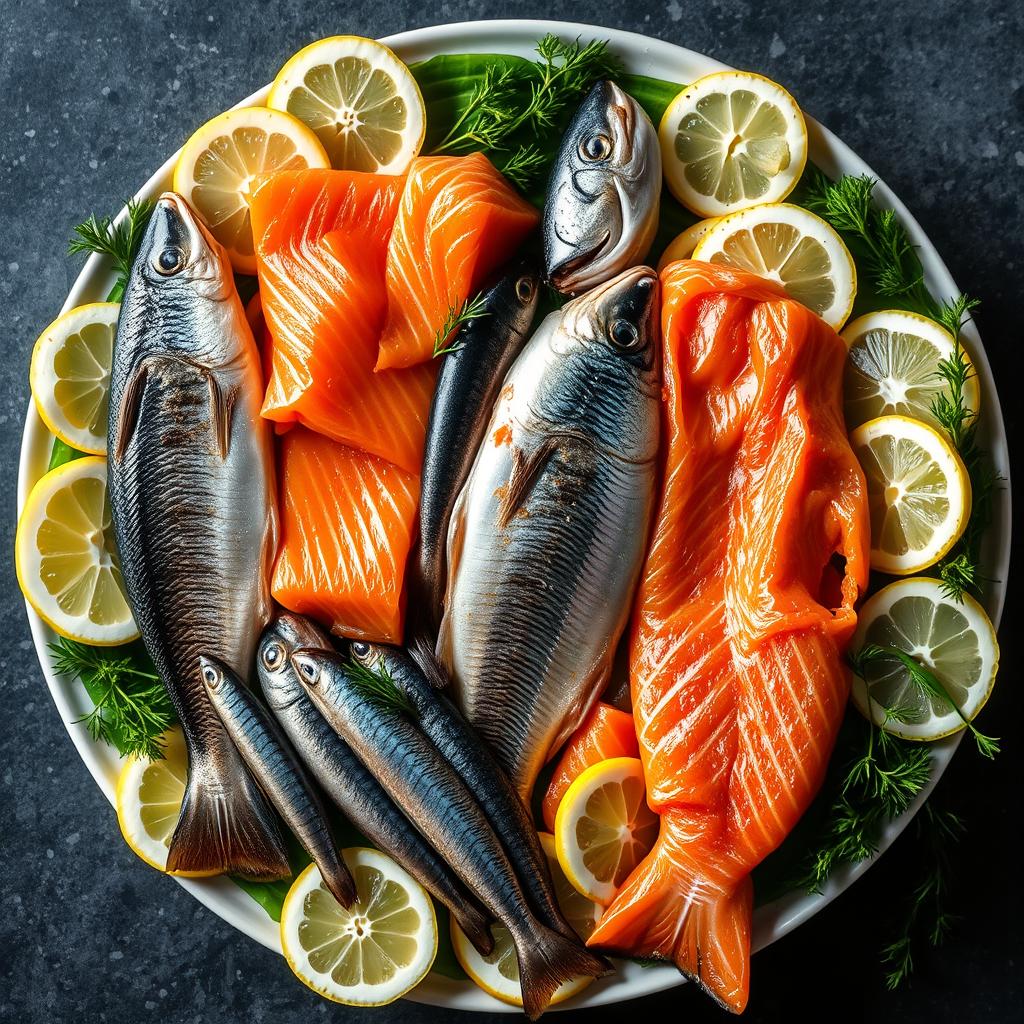
3. Fatty Fish
Salmon, mackerel, and sardines provide vitamin D, calcium (from edible bones), and omega-3 fatty acids that reduce inflammation during healing.
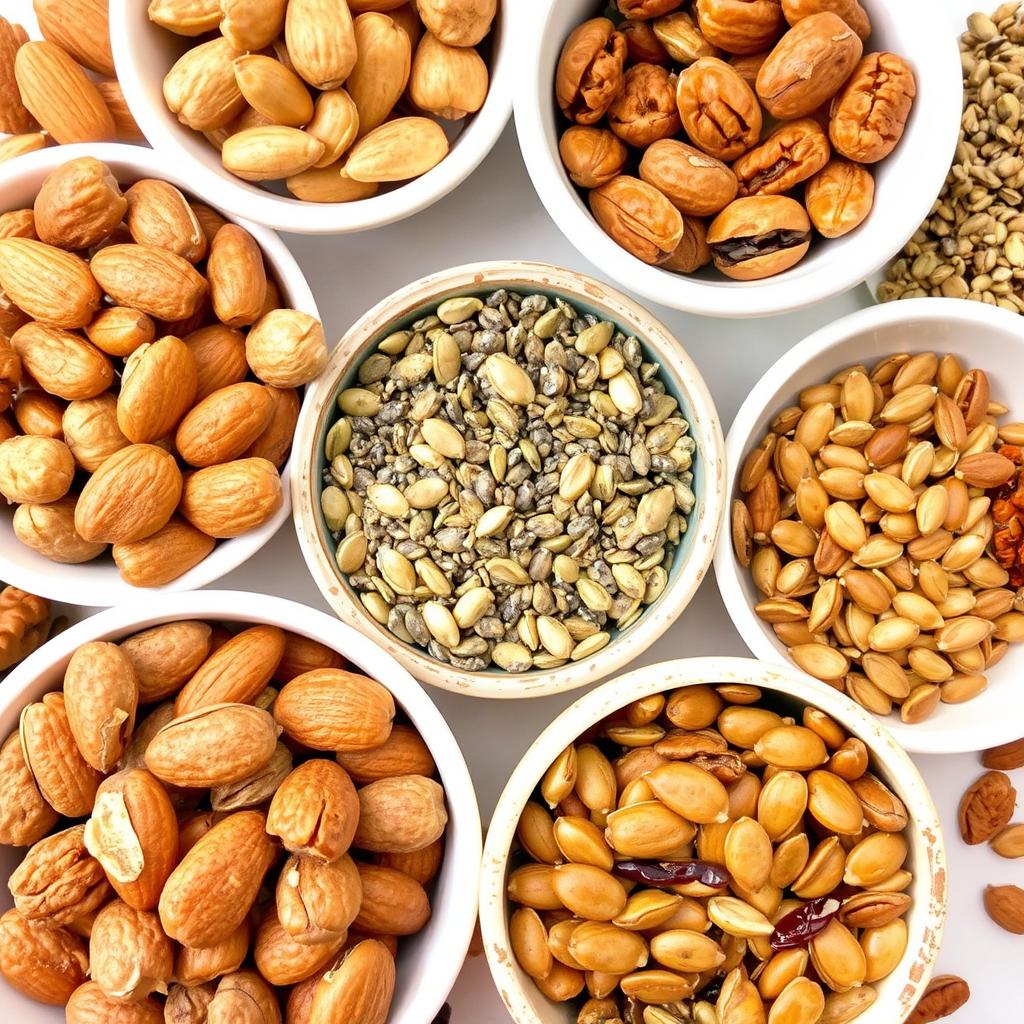
4. Nuts and Seeds
Almonds, walnuts, chia seeds, and pumpkin seeds provide calcium, magnesium, zinc, and healthy fats that support bone metabolism.
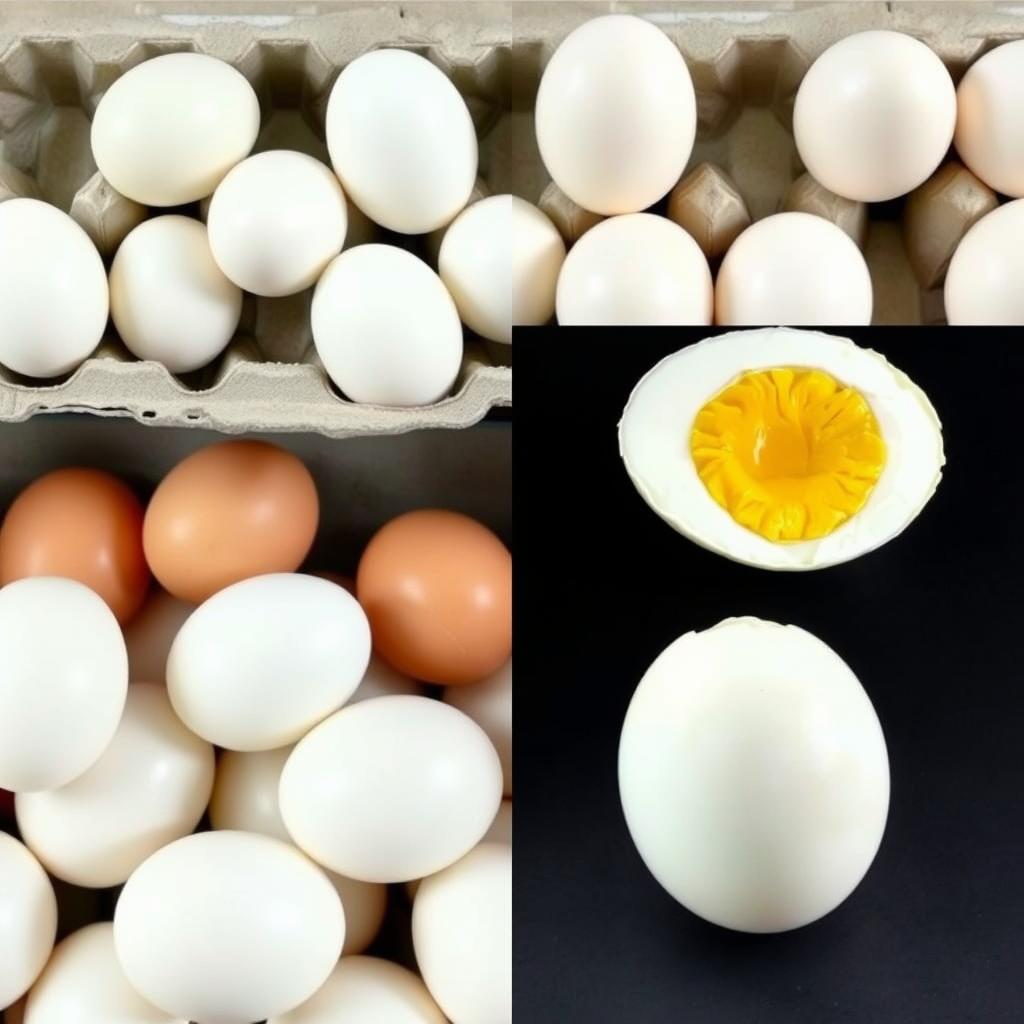
5. Eggs
Egg yolks contain vitamin D, while the whites provide high-quality protein. They also contain zinc and other minerals important for healing.
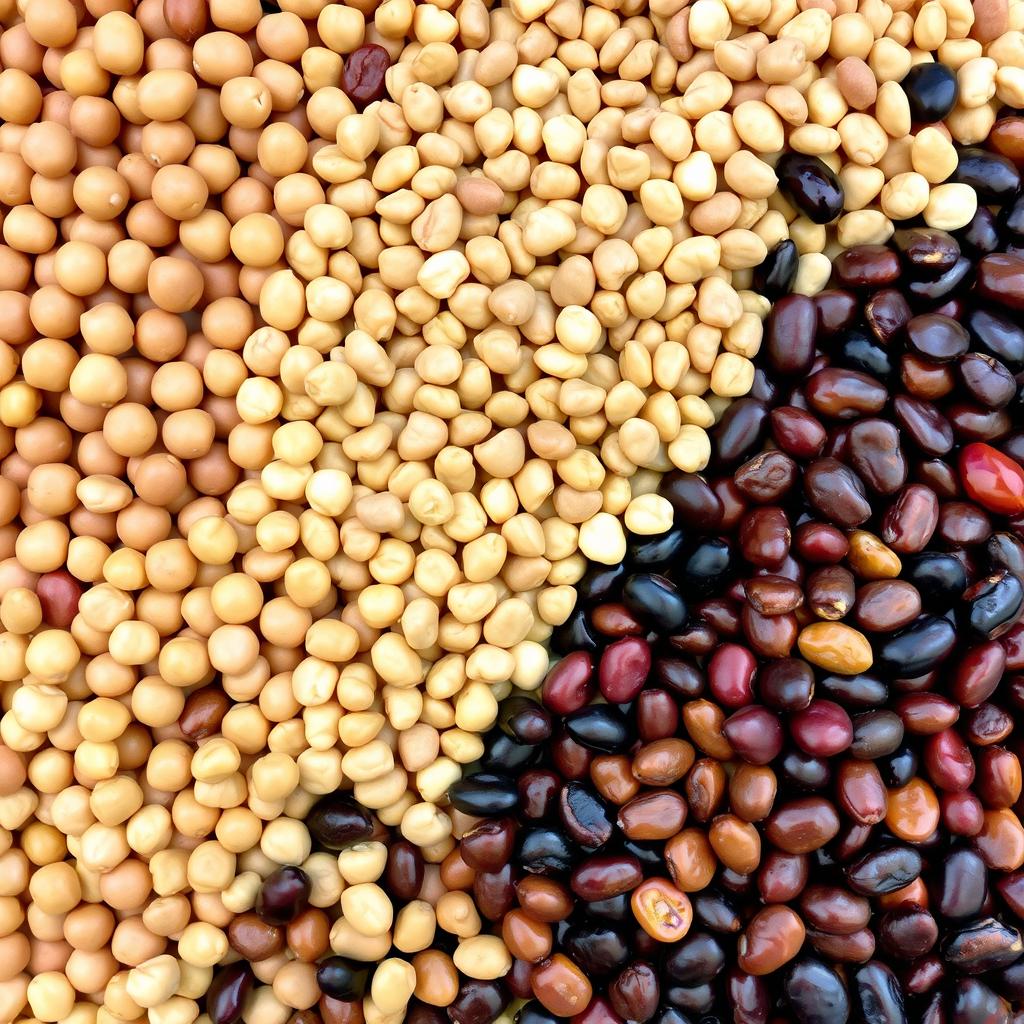
6. Beans and Legumes
Lentils, chickpeas, and black beans provide plant-based protein, magnesium, zinc, and fiber that supports overall healing.
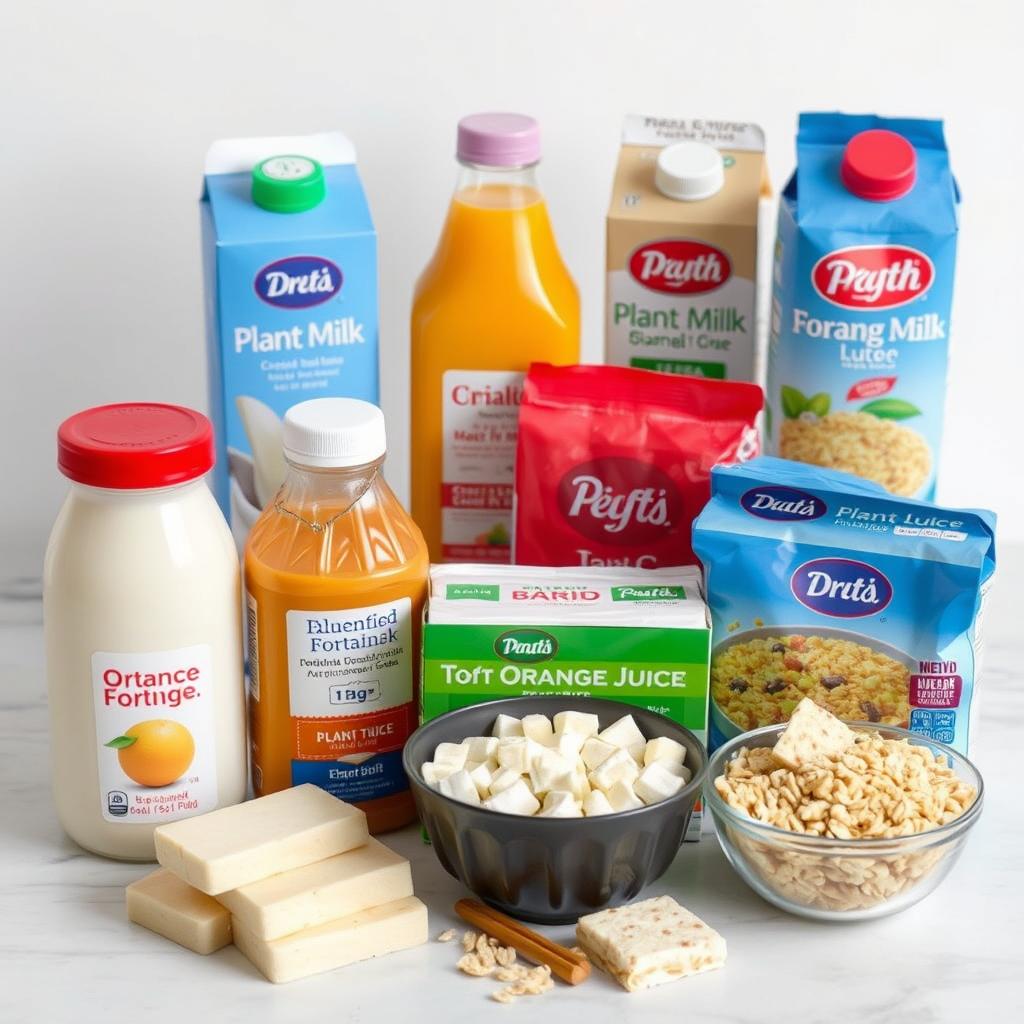
7. Fortified Foods
Plant milks, orange juice, and cereals fortified with calcium and vitamin D provide essential nutrients, especially for those who don’t consume dairy.

8. Citrus Fruits
Oranges, grapefruits, and other citrus fruits provide vitamin C, which is essential for collagen formation in the bone matrix.
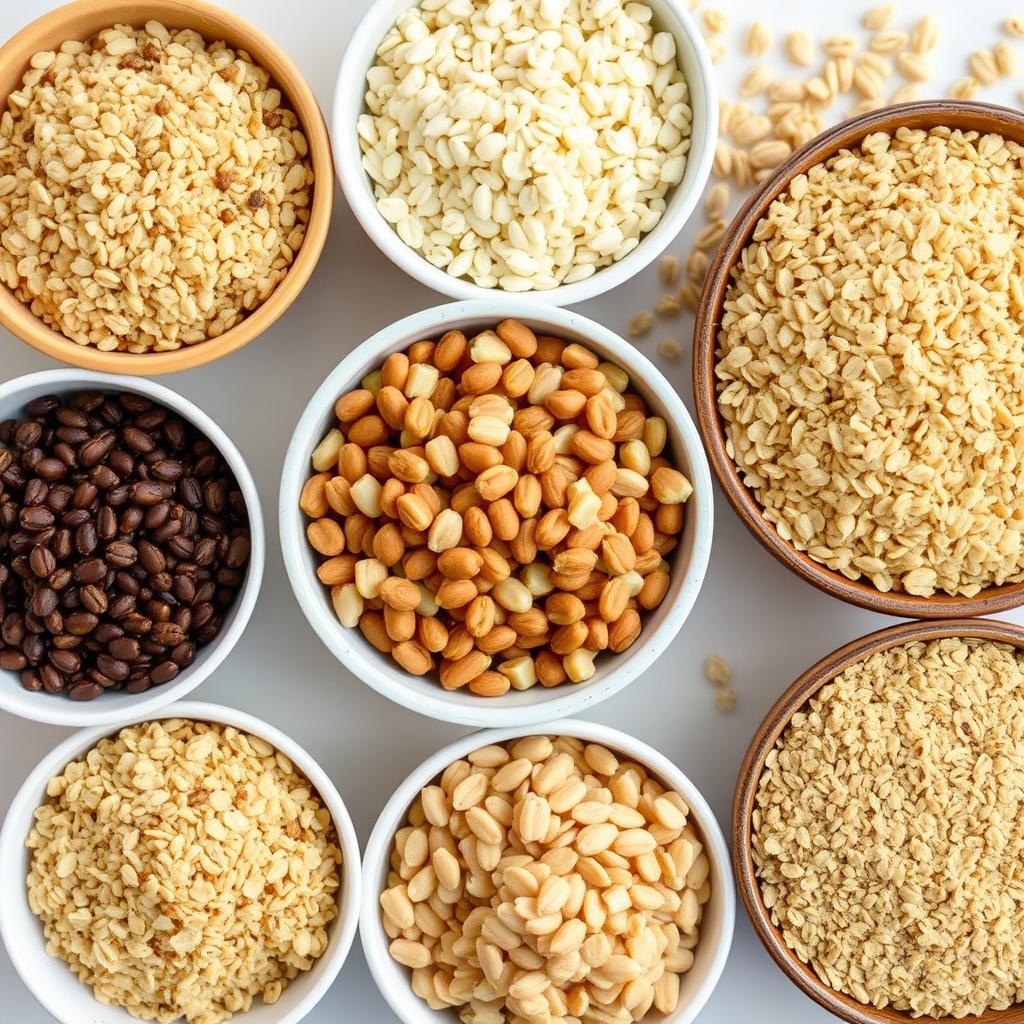
9. Whole Grains
Quinoa, brown rice, and oats provide magnesium, zinc, and B vitamins that support energy production during the healing process.

10. Berries
Strawberries, blueberries, and other berries are rich in vitamin C and antioxidants that fight inflammation and support collagen production.

11. Bone Broth
Homemade bone broth contains collagen, calcium, magnesium, and other minerals that directly support bone and tissue healing.
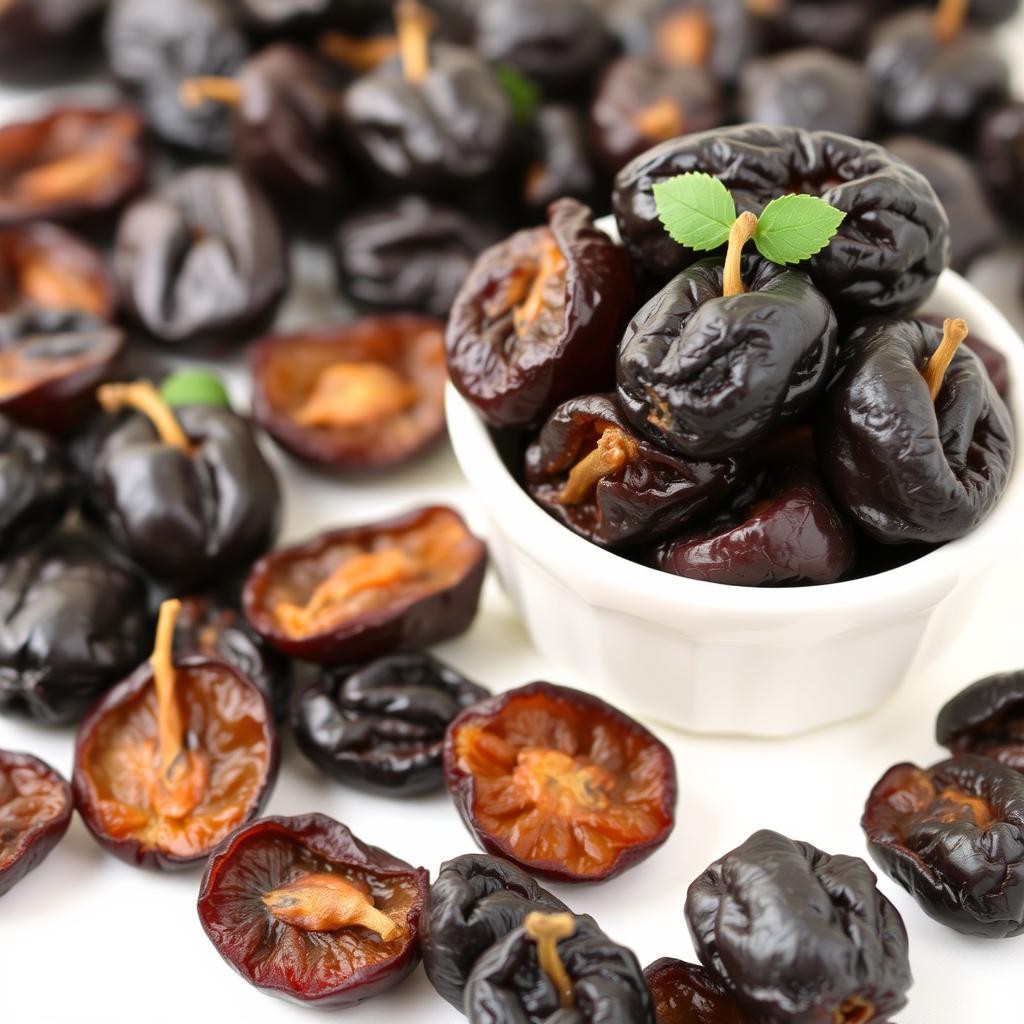
12. Prunes
Research shows prunes have unique bone-building properties beyond their nutrient content, helping to increase bone mineral density during healing.
Sample One-Day Meal Plan for Bone Recovery
This nutrient-rich meal plan provides approximately 1,500 calories with optimal levels of calcium, vitamin D, protein, and other bone-healing nutrients. Adjust portion sizes based on your individual needs.
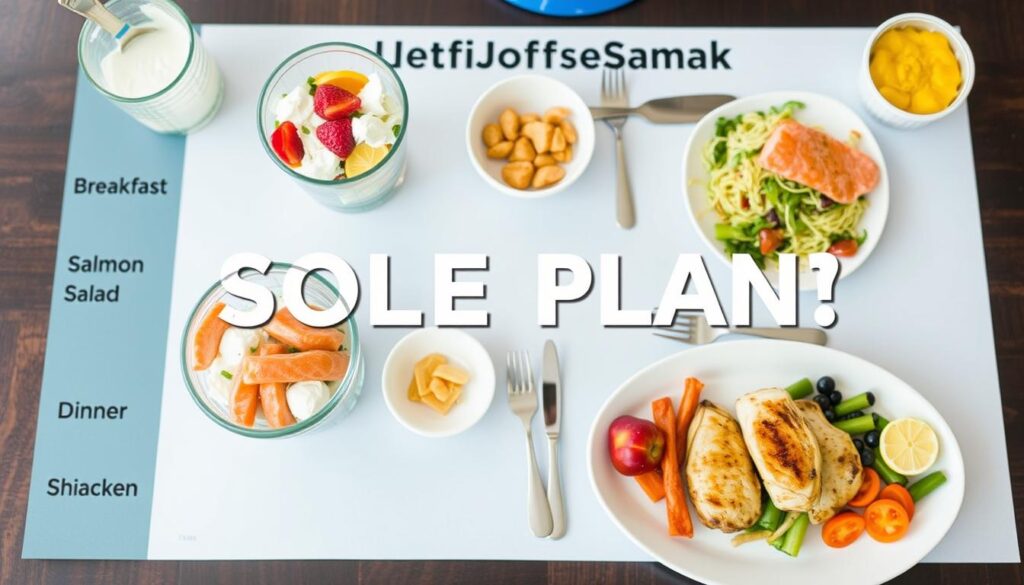
| Meal | Foods | Key Nutrients |
| Breakfast | Greek yogurt parfait with berries, almonds, and fortified granola | Calcium, protein, vitamin D, magnesium |
| Morning Snack | Orange and a handful of walnuts | Vitamin C, omega-3 fatty acids, zinc |
| Lunch | Salmon salad with leafy greens, quinoa, and olive oil dressing | Vitamin D, calcium, protein, omega-3s, vitamin K |
| Afternoon Snack | Smoothie with fortified milk, spinach, banana, and chia seeds | Calcium, vitamin D, magnesium, potassium |
| Dinner | Chicken breast with roasted broccoli, sweet potato, and quinoa | Protein, vitamin K, magnesium, zinc |
| Evening Snack | Cottage cheese with prunes | Calcium, protein, bone-strengthening compounds |
Want More Bone-Healing Meal Ideas?
Download our free 7-day meal plan specifically designed to accelerate bone healing after fractures. Complete with shopping lists and easy recipes!
Foods and Beverages to Avoid During Bone Recovery
While focusing on nutrient-rich foods is important, it’s equally crucial to limit or avoid certain items that can interfere with bone healing or leach minerals from your bones.
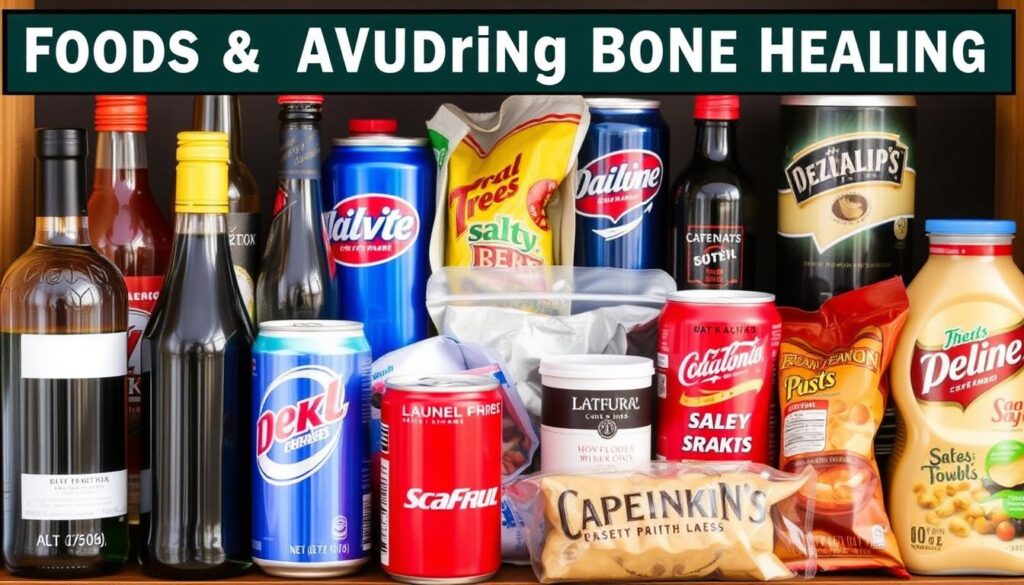
Foods to Limit or Avoid
- Alcohol: Interferes with vitamin D metabolism and calcium absorption, slowing the healing process.
- Excessive Salt: Increases calcium excretion through urine, potentially depleting calcium reserves.
- Caffeine: High intake can interfere with calcium absorption and increase calcium loss.
- Carbonated Sodas: Especially dark colas, which contain phosphoric acid that can leach calcium from bones.
- Processed Foods: Often high in sodium and low in essential nutrients needed for healing.
- Excessive Sugar: Can increase inflammation and interfere with mineral absorption.
“What you don’t eat can be just as important as what you do eat when it comes to bone healing. Limiting foods that interfere with calcium absorption or increase inflammation can significantly improve recovery times.”
Supplements for Bone Recovery: When Are They Necessary?
While getting nutrients from whole foods is ideal, supplements can be beneficial in certain situations, especially when dietary intake is insufficient or absorption is compromised.
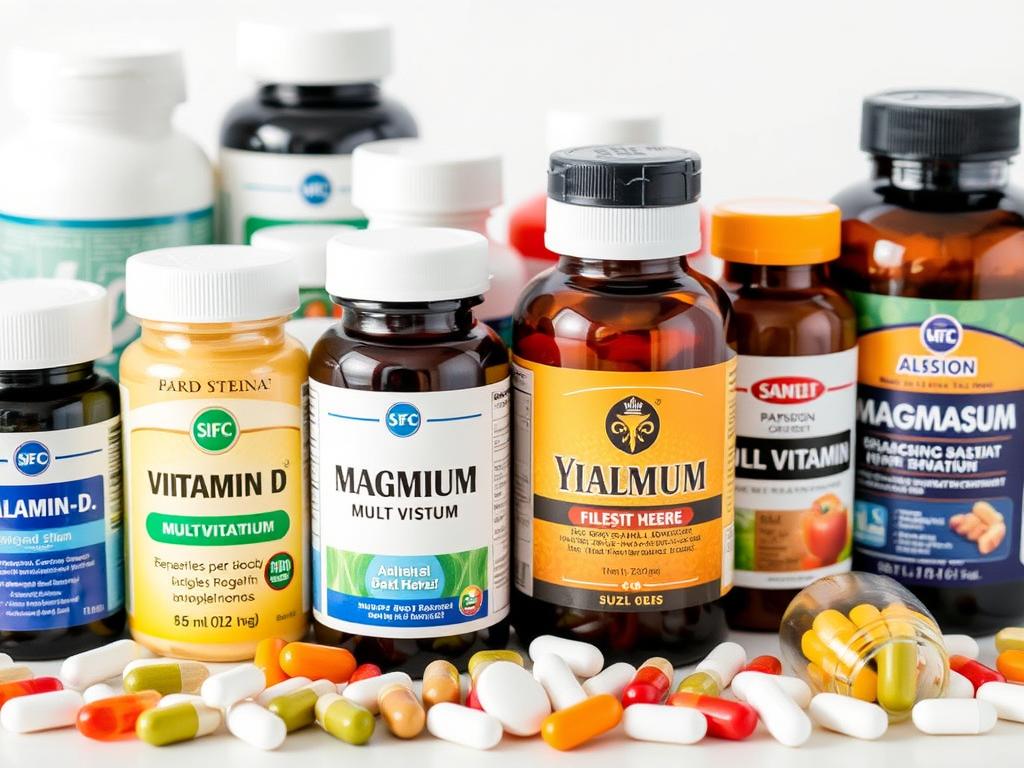
When to Consider Supplements
- Calcium supplements: If you can’t consume enough calcium-rich foods (e.g., dairy-free diet)
- Vitamin D supplements: If you have limited sun exposure or live in northern climates
- Protein supplements: If you struggle to meet increased protein needs during healing
- Multivitamin/mineral: To fill general nutritional gaps during recovery
Important: Always consult with your healthcare provider before starting any supplements. They can recommend appropriate dosages based on your specific fracture, medical history, and current medication regimen. Some supplements can interact with medications or have side effects if taken incorrectly.
Hydration: The Overlooked Aspect of Bone Healing
Proper hydration is essential for bone recovery but often gets less attention than food choices. Water plays several critical roles in the healing process.
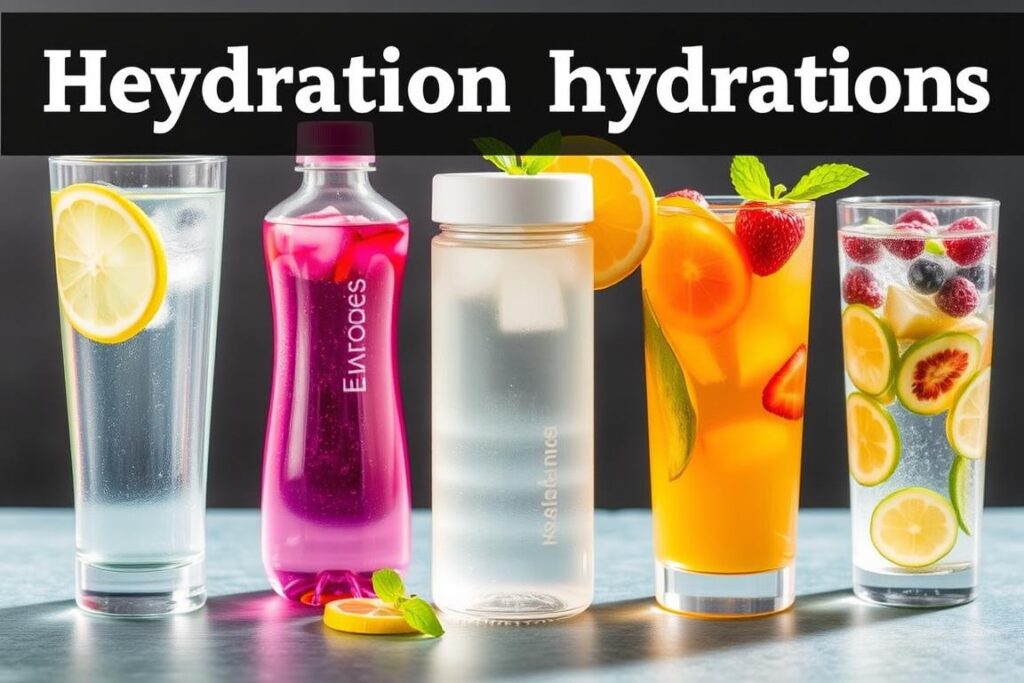
Why Hydration Matters for Bone Healing
- Facilitates nutrient transport to bone cells
- Helps remove waste products from the healing site
- Maintains blood volume for efficient circulation to the fracture
- Keeps joints and tissues flexible during reduced mobility
Hydration Tips During Recovery
- Aim for 8-10 cups (64-80 oz) of fluids daily
- Keep a water bottle within reach, especially if mobility is limited
- Include hydrating foods like fruits and vegetables
- Consider bone broth as a hydrating option that also provides nutrients
- Limit diuretic beverages like coffee and alcohol that can increase fluid loss
Frequently Asked Questions About Diet and Bone Recovery
How soon should I change my diet after a fracture?
You should optimize your diet as soon as possible after a fracture. The first few weeks are especially critical as this is when the initial healing process begins. However, nutritional support remains important throughout the entire healing period, which can range from 6 weeks to several months depending on the fracture type and location.
Can my diet really make a difference in how quickly my bone heals?
Yes, absolutely. Research shows that proper nutrition can reduce healing time by 15-30% compared to poor nutrition. Inadequate intake of key nutrients like protein, calcium, and vitamin D can significantly delay the healing process and increase the risk of complications like delayed union or non-union of the fracture.
Should I take calcium supplements after a fracture?
It depends on your current diet and calcium status. If you’re unable to meet your calcium needs through food (1,000-1,500 mg daily during healing), a supplement may be beneficial. However, always consult with your healthcare provider before starting supplements, as excessive calcium can cause side effects and may interfere with the absorption of other minerals.
Are there any foods that can actually slow down bone healing?
Yes, certain foods and substances can interfere with bone healing. Alcohol significantly impairs bone formation and should be avoided during recovery. Excessive salt, caffeine, and carbonated beverages can increase calcium excretion. Ultra-processed foods high in sugar and unhealthy fats can promote inflammation, which may delay healing.
How much protein do I need while recovering from a fracture?
During bone healing, protein requirements increase to approximately 1.2-1.5 grams per kilogram of body weight daily. For a 150-pound (68 kg) person, this equals about 82-102 grams of protein per day. Distributing protein intake throughout the day is more effective than consuming it all at once.
Get Expert Guidance for Your Bone Recovery
Our bone health specialists can assess your current nutritional status and create a personalized plan to optimize your recovery after a fracture.
Conclusion: Nourishing Your Way to Stronger Bones
The foods you eat play a crucial role in how quickly and completely your bones heal after a fracture. By focusing on calcium-rich foods, ensuring adequate vitamin D, consuming enough protein, and including other bone-supporting nutrients in your diet, you can significantly accelerate the healing process.
Remember that bone recovery is a complex biological process that requires a wide range of nutrients working together. A balanced, nutrient-dense diet is your best strategy for supporting this natural healing ability. Combined with proper medical care and appropriate physical activity as recommended by your healthcare provider, optimal nutrition can help you return to your normal activities sooner and with stronger bones than before.
While this guide provides general recommendations, everyone’s nutritional needs are unique. Consider consulting with a registered dietitian who specializes in bone health for personalized guidance tailored to your specific situation, medical history, and dietary preferences.


[…] does this matter? Fractures often lead to chronic pain, reduced mobility, and loss of independence. A broken hip, for example, […]
[…] determines how efficiently your body converts food into […]
[…] you know that the foods we eat can significantly impact our cognitive function and ability to concentrate? In today’s […]
[…] summer, a close friend shared her frustration after a routine checkup revealed lower bone density. She’d been plant-based for years but assumed leafy greens alone covered her needs. Her […]